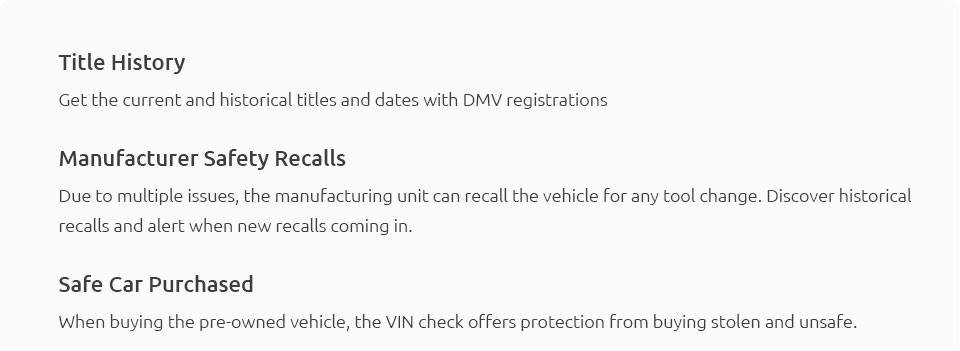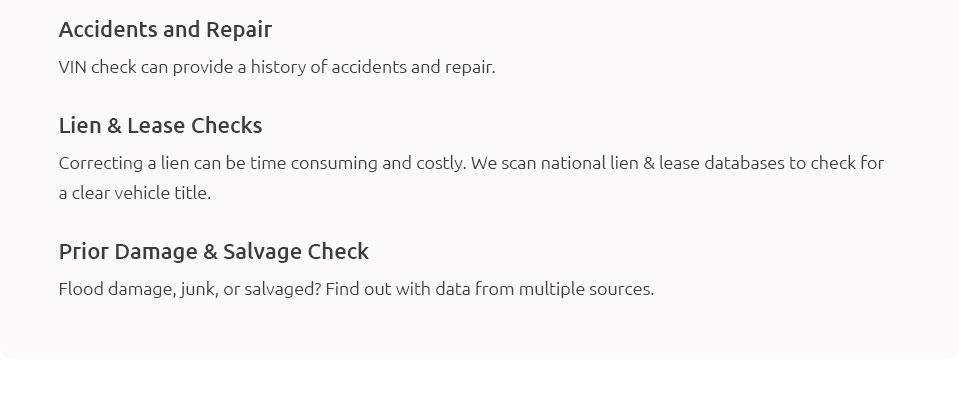 |
 |
 |
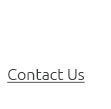 |
 |
||
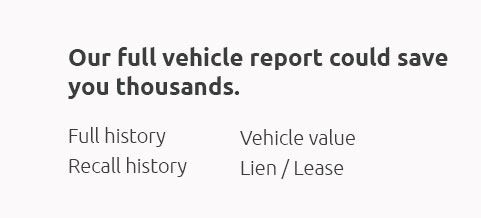 |
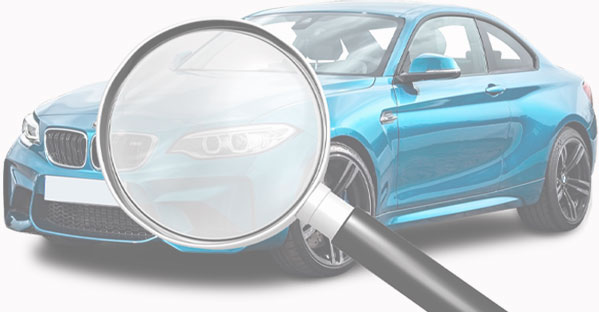 |
|
 |
 |
|
 |
 |
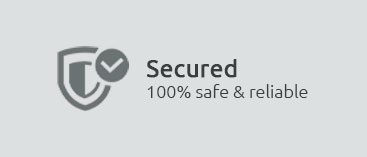 |
 |
||
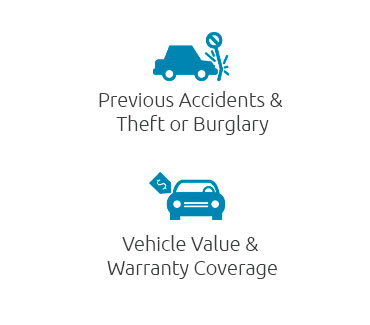 |
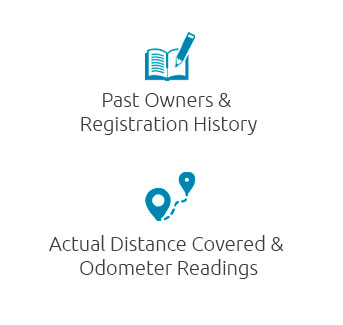 |
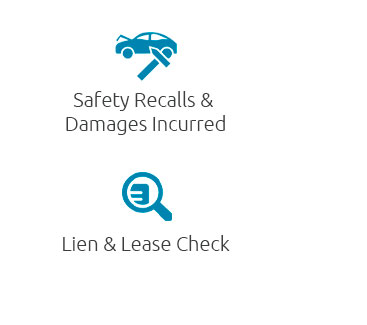 |
 |
 |
 |
||||
|
||||
 |
 |
Stolen Car VIN Lookup: A Beginner's GuideWhen it comes to safeguarding your vehicle investment, understanding how to perform a stolen car VIN lookup is crucial. The Vehicle Identification Number, commonly known as the VIN, serves as the unique fingerprint of a vehicle. Just like a fingerprint, no two vehicles have the same VIN, making it an essential tool in the fight against car theft. Why is a VIN so important? Simply put, it provides vital information about the car, including its make, model, year, and production details. More importantly, a VIN can help you uncover the hidden history of a vehicle, such as whether it has been reported stolen. So, how does one go about performing a VIN lookup? It's simpler than you might think. First, you need to locate the VIN on the car. This 17-character alphanumeric code can usually be found on the dashboard on the driver's side, visible through the windshield. Alternatively, it might be on the driver's side door frame or in the engine bay. Once you've located the VIN, you can proceed with the lookup process. Where do you start? Numerous online services offer VIN lookup capabilities, providing a comprehensive report on the car's history. These services often check databases that include law enforcement and insurance records to determine if the car has been reported stolen. However, not all services are created equal, and it's crucial to choose a reliable one. For instance, the washington state vin number lookup can be a valuable resource for those residing in or purchasing a vehicle from Washington State. It's important to note that while a VIN lookup can reveal a lot about a car, it might not always have the most up-to-date information. Therefore, it's wise to complement your search with a vin number and license plate lookup to ensure you're getting the complete picture. What should you do if you discover your vehicle is stolen? If your search indicates that the car is stolen, contact local authorities immediately. Providing them with the VIN and any additional information can assist in recovering the vehicle and potentially apprehending the thieves.
https://www.nicb.org/vincheck
NICB's VINCheck is a free lookup service provided to the public to assist in determining if a vehicle may have a record of an insurance theft claim. https://www.nj.gov/njsp/division/investigations/auto-unit.shtml
Q4: How can I obtain a vehicle identification number (VIN) verification? Q4 ... https://reolink.com/blog/what-to-do-when-car-is-stolen/?srsltid=AfmBOorpJ5YMvrCHNHoSNNR_eSthYh6LX1Vc2IcX5FITbR-RdoHRUOgL
2. Track Stolen Car with VIN Number - Go to AutoCheck, and purchase a vehicle history report. The cost of the report will be between $30 and $40. - Enter your ...
|

